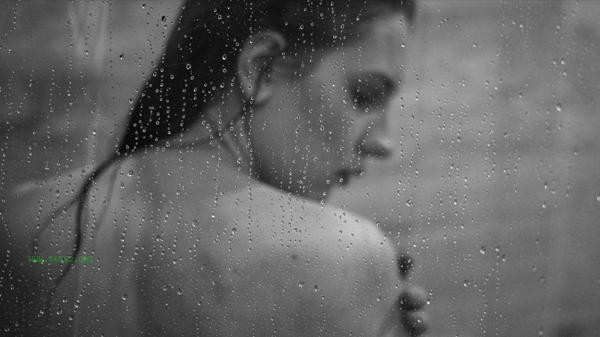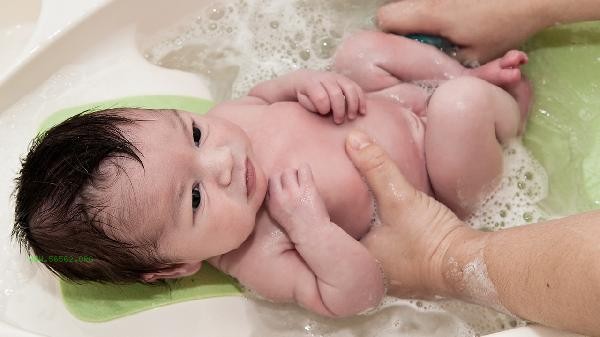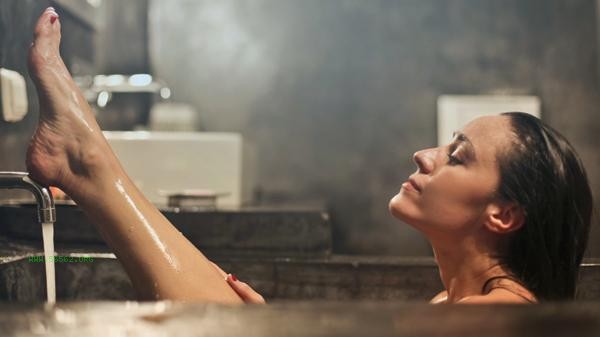Not taking a shower regularly is not good for the body, as it may cause skin infections, increased body odor, clogged pores, and other problems. Long term accumulation of dirt and oil on the skin can easily breed bacteria, increase the risk of skin inflammation, and affect the normal metabolic function of the skin. Sweat, sebum, and dust adhering to the surface of the skin can form a layer of dirt, hindering normal breathing in the pores. Continuous irritation of the skin by urea and salt in sweat may cause itching or dermatitis. Excessive accumulation of the stratum corneum can lead to dry and rough skin, reducing its ability to defend against external stimuli. Bacteria breeding in warm and humid environments may trigger folliculitis or furuncles. Long term uncleanliness can disrupt the balance of skin surface microbiota and increase the probability of fungal infections. In special circumstances such as unhealed postoperative wounds or severe skin damage, doctors may recommend temporarily avoiding bathing. Some patients with skin diseases need to adjust their cleaning frequency according to medical advice during acute attacks. When there is a lack of heating conditions in extremely cold environments, excessive bathing may actually lead to hypothermia. Some elderly people may reduce their frequency of showering due to mobility or sensory impairment, but local cleaning needs to be strengthened.

It is recommended to maintain regular cleaning habits. In summer or when sweating a lot, you can rinse daily. In winter, you can take a shower the next day, but be careful not to let the water temperature be too high. Choose mild and weakly acidic bath products to avoid excessive scrubbing and damaging the skin barrier. After bathing, apply moisturizing lotion in time, and focus on nursing limbs and other dry parts. People with limited mobility may consider using a scrubbing method, with a focus on cleaning wrinkled areas such as armpits and groin. If symptoms such as persistent skin redness, swelling, and itching occur, seek medical attention promptly to investigate the possibility of infection.










Comments (0)
Leave a Comment
No comments yet
Be the first to share your thoughts!